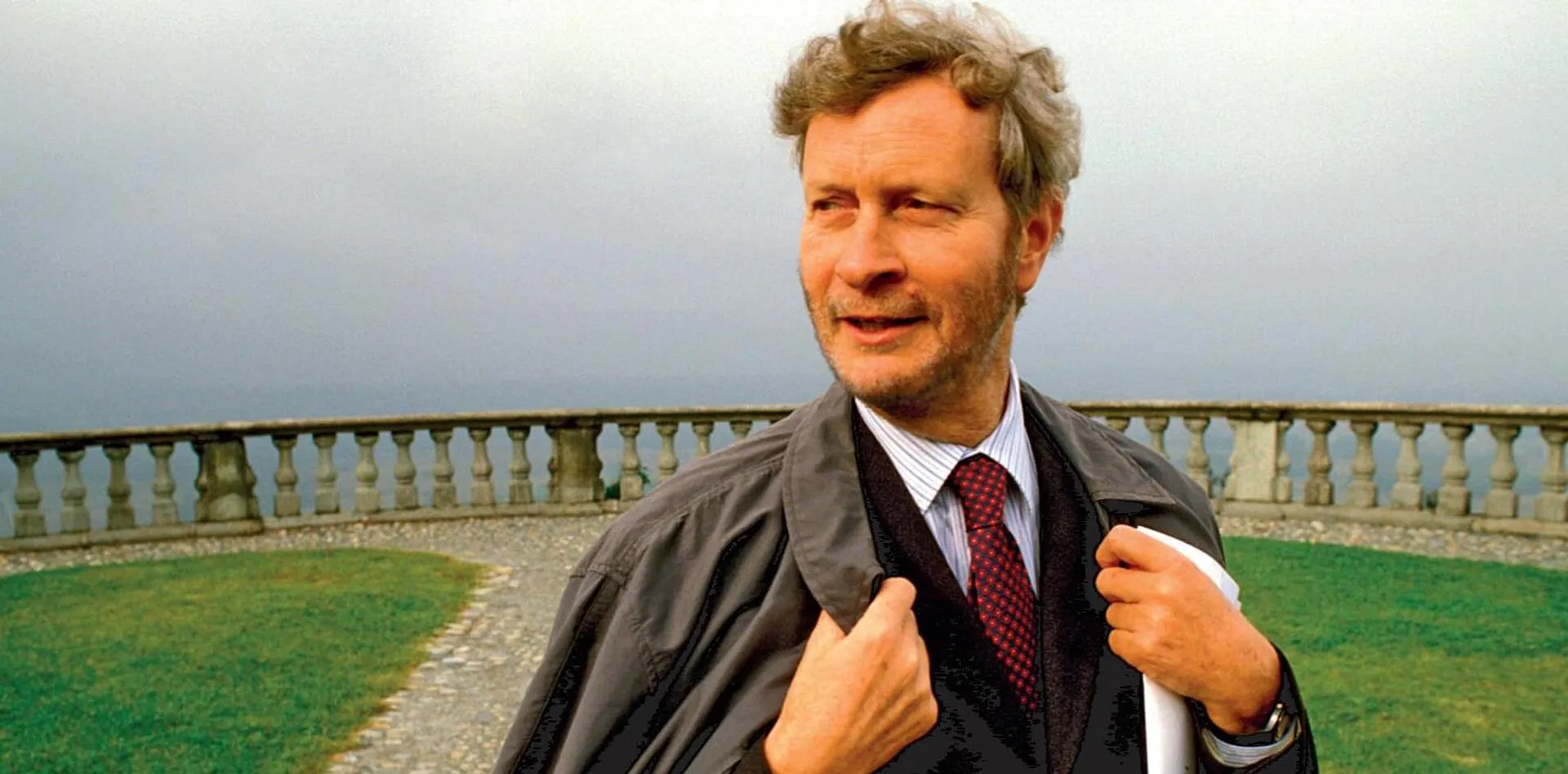
Who is Gianni Vattimo?
In the ever-shifting landscape of contemporary thought, the work of Italian philosopher Gianni Vattimo offers a compelling lens through which to view the challenges and opportunities facing psychotherapy today. Born in 1936, Vattimo emerged as a leading figure in the philosophical current of “weak thought” or “pensiero debole,” a perspective that resonates deeply with the metamodern sensibility now taking shape in Western culture.
At the heart of Vattimo’s philosophy is a critique of the metaphysical tradition that has dominated Western thought since Plato – a tradition predicated on the belief in stable, eternal truths that transcend the flux of history and experience. Against this “strong” ontology, Vattimo proposes a “weakening” of Being, a recognition that reality is always interpreted through the finite, situated lens of language, culture, and subjectivity.
This has profound implications for how we understand the project of modernity itself. For Vattimo, modernity is characterized by a progressive unmasking of the contingency and constructedness of all truth claims, a process that reaches its apogee in Nietzsche’s declaration of the “death of God” and Heidegger’s critique of onto-theology. In this light, the postmodern deconstruction of grand narratives appears as the logical culmination of the modern trajectory, rather than its negation.
Yet Vattimo is no mere apologist for relativism or nihilism. Rather, he sees in the dissolution of epistemological certainty an opportunity for a renewed engagement with questions of meaning, ethics, and spirituality. If we can no longer appeal to absolute foundations, we are called to take responsibility for the values and narratives we choose to embrace, to recognize their historical specificity while affirming their significance for our lives.
This “weak” or “nihilistic” hermeneutics, as Vattimo calls it, bears a striking resemblance to the metamodern ethos described by cultural theorists like Timotheus Vermeulen and Robin van den Akker. Metamodernism, in their view, oscillates between the modern commitment to progress and the postmodern critique of grand narratives, between sincerity and irony, empathy and detachment, hope and melancholy.
Like Vattimo’s weak thought, metamodernism recognizes the inescapability of interpretation while refusing to abandon the search for meaning. It embraces the liberatory potential of deconstruction while striving to reconstruct provisional, context-specific frameworks for navigating the complexities of contemporary life. And it looks to art, literature, and culture as sites where new forms of subjectivity and sociality can be imagined and explored.
For psychotherapy, this perspective offers both challenges and opportunities. On one hand, it calls into question the scientistic pretensions of much contemporary theory and practice, the claim to uncover universal laws of psychic functioning that operate independently of historical and cultural context. It suggests that the symptom categories and treatment protocols of mainstream psychology are not neutral descriptions of reality, but interpretive constructs shaped by particular discursive and institutional frameworks.
At the same time, a metamodern approach to therapy recognizes the enduring human need for meaning, coherence, and connection – the very needs that are often thwarted by the fragmenting and de-realizing tendencies of postmodern culture. In this context, the therapeutic encounter can be understood as a space for co-constructing new narratives and modes of being, for exploring the ambiguities and contradictions of lived experience without reducing them to reified diagnostic labels.
Central to this vision is a renewed appreciation for the transformative power of the therapeutic relationship itself. As Vattimo suggests, the erosion of metaphysical certainty heightens the significance of interpersonal bonds as sites where shared meanings can be negotiated and affirmed. In the absence of transcendent guarantees, we are thrown back upon the immanent texture of human solidarity, the web of recognition and care that sustains us in our finitude.
This emphasis on relationality aligns with recent developments in psychoanalytic and humanistic approaches to therapy, which have increasingly shifted focus from the intrapsychic to the intersubjective realm. Theories like relational psychoanalysis, intersubjectivity theory, and dialogical self theory all highlight the ways in which selfhood emerges through ongoing interaction with others, rather than existing as a static, monadic entity.
At the same time, a metamodern approach resists the temptation to romanticize the therapeutic bond as a purely benevolent or unproblematic space. It recognizes that the power dynamics and transferential currents of the clinical encounter are always shaped by larger socio-cultural forces, and that the therapist’s own subjectivity is inevitably entangled with that of the client.
From this perspective, the goal of therapy is not to eliminate the tensions and ambiguities of relationality, but to develop a more flexible and inclusive way of navigating them. It means helping clients to hold the complexity of their experience without collapsing into binary simplifications, to tolerate the anxiety of uncertainty while still affirming the possibility of growth and change.
This capacity for “negative capability,” as the poet John Keats called it – the ability to dwell in mystery and doubt without reaching for premature closure – is perhaps the hallmark of a metamodern sensibility. And it is precisely what is needed to confront the multifaceted crises facing our world today, from ecological collapse to social injustice to the rise of fundamentalism in all its forms.
Here again, Vattimo’s thought proves instructive. For him, the weakening of ontological foundations does not imply a flattening of ethical and political commitment, but rather a “renewing of the roots,” a return to the originary experience of caritas or charitable love as the basis for human community. In a world where strong claims to truth have so often led to violence and oppression, a “weak” ethics grounded in humility, dialogue, and care offers a more viable path forward.
For psychotherapy, this means recognizing that our ultimate aim is not simply the reduction of symptoms or the adjustment of individuals to prevailing social norms, but the cultivation of more authentic and compassionate ways of being with self and other. It means working at the intersection of the personal and the political, the psychological and the spiritual, to foster forms of subjectivity that can meet the challenges of our time with resilience, creativity, and moral courage.
Crucially, this does not entail a retreat into the private sphere of self-improvement, but an active engagement with the broader cultural and institutional contexts that shape psychic life. As critical theorists have long argued, the distress and dysfunction we encounter in the consulting room cannot be separated from the pathogenic structures of domination and inequality that pervade our society.
A truly transformative approach to therapy, then, must include a commitment to social justice and systemic change. It means not only helping individuals to heal from trauma and adverse life experiences, but also working to dismantle the conditions that perpetuate such harms in the first place. This is what liberation psychologists like Ignacio Martin-Baró have termed “de-ideologizing reality” – unmasking the oppressive ideologies that constrict human possibility, and imagining alternative forms of praxis.
Of course, this is no easy task. It requires a willingness to confront the ways in which we as therapists are implicated in the very systems we seek to change, and to grapple with the limits of our own knowledge and power. It means cultivating a stance of ongoing self-reflexivity and critique, while still maintaining a sense of hope and agency in the face of daunting odds.
Yet it is precisely here, in the tension between the given and the possible, that the emancipatory potential of a metamodern therapy resides. By embracing the ambiguities and paradoxes of our historical moment, by holding space for both suffering and resilience, despair and regeneration, we open ourselves to the emergence of the radically new.
In this sense, the work of therapy can be understood as a form of what philosopher Richard Kearney calls “anatheism” – a return to the sacred after the death of God, a re-enchantment of the world that passes through the crucible of modern disenchantment. As Vattimo suggests, it is only by fully confronting the nihilistic implications of the present that we can reawaken to the transformative power of myth, symbol, and ritual – not as literal truths, but as vessels for the transmission of meaning across time.
This is not a matter of replacing critical reason with blind faith, but of recognizing the limits of both – of cultivating a “believing humanism” that honors the profound mysteries of existence without lapsing into dogmatism or superstition. In the therapeutic context, it means attending to the numinous dimensions of the psyche – the archetypal, the transpersonal, the ineffable – while still grounding our interventions in the concrete realities of embodied experience.
Such an approach finds resonance with the work of depth psychologists like Carl Jung and James Hillman, who sought to revitalize the Western psyche through a re-engagement with the mythic and the imaginal. For Jung, the key to psychological healing lay not in the ego’s mastery of unconscious forces, but in the ongoing dialogue between consciousness and the wider matrix of the collective unconscious, the wellspring of cultural creativity.
This dialogical model of the psyche is particularly relevant in our current moment, as we navigate the turbulent waters of global ecological crisis. As eco-philosopher David Abram has argued, the root of our alienation from the living Earth lies in the objectifying and disenchanting logics of modernity – the severing of mind from matter, self from world, that has enabled the domination and exploitation of nature.
To heal this rift, we must cultivate new forms of perception and relationality, grounded in the recognition of our mutual entanglement with the more-than-human world. This is not a matter of romantically “returning to nature,” but of re-visioning the very nature of nature – of learning to see the patterns of meaning and value that inhere in the web of life, and our own place within it.
For therapy, this implies a shift from the individualistic focus of much contemporary practice towards a more ecological and relational understanding of selfhood. It means helping clients to reconnect with the wider networks of kinship and care that sustain them, and to find a sense of belonging and purpose in the face of planetary upheaval.
At the same time, an ecologically-informed approach must grapple with the realities of loss, grief, and trauma that are increasingly part of our shared experience in the Anthropocene. As Joanna Macy and others have noted, coming to terms with the enormity of the ecological crisis can be a deeply unsettling and disorienting process, one that challenges our most basic assumptions about the world and our place within it.
Here, the resources of metamodern thought prove invaluable. By embracing the paradoxes of hope and despair, agency and surrender, metamodernism offers a framework for holding the tension of these times without succumbing to paralysis or denial. It reminds us that even in the face of seemingly insurmountable odds, we can still find moments of beauty, connection, and regeneration – that the work of healing is always already underway, even in the depths of darkness.
Ultimately, the task of therapy in the metamodern age is to midwife this process of healing at both the individual and collective level – to help us bear witness to the brokenness of our world, while also nurturing the seeds of resilience and renewal. It is to hold space for the full spectrum of human experience, in all its sorrow and joy, its trauma and transcendence.
In this sense, the therapist becomes a kind of cultural shaman or sacred activist, working at the thresholds of the psyche to weave new patterns of meaning and relationality. This is not a grandiose or heroic role, but one of humble service and attunement – of listening deeply to the soul of the world, and offering our gifts in response.
As Vattimo reminds us, such an offering is always provisional, always subject to the contingencies of history and interpretation. There is no final answer or ultimate truth, only the ongoing work of dialogue, critique, and care. Yet it is precisely in this weakening of certainty that the ethical and transformative potential of therapy resides – in the willingness to risk vulnerability and not-knowing in the service of a more just and compassionate world.
In the end, then, the metamodern turn in psychotherapy is not about abandoning the insights of modernity or postmodernity, but about integrating them into a more expansive and inclusive vision of the human journey. It is about learning to dwell in the ambiguities and contradictions of our historical moment, while still affirming the possibility of meaningful change.
By embracing the “weak thought” of Vattimo and others, we open ourselves to a more fluid and relational understanding of selfhood, one that can meet the challenges of our time with creativity, courage, and care. In doing so, we join in the larger cultural project of reimagining the sacred for a post-metaphysical age – of finding new ways to enchant the world, even as we deconstruct the illusions of the past.
This is the great adventure of our time, the call to a new kind of healing praxis that is at once personal and political, psychological and spiritual. May we have the wisdom and the grace to answer it, step by faltering step, in the crucible of our shared becoming.
Metamodernism and Post Secularism
Navigating the Future of Meta Modern Therapy
Key Points
- Gianni Vattimo’s “weak thought” critiques stable, eternal truths in favor of a reality interpreted through language, culture, and subjectivity
- This resonates with the metamodern sensibility of oscillating between modern progress and postmodern critique
- Psychotherapy can be a space for co-constructing narratives that explore ambiguities without reduction to rigid diagnoses
- The therapeutic relationship is central, as selfhood emerges intersubjectively rather than existing as a static entity
- Therapy should cultivate “negative capability” to dwell in uncertainty while affirming growth
- It must engage with cultural/institutional contexts and commit to social justice and systemic change
- Metamodern therapy re-enchants the world through myth and symbol, like depth psychology’s engagement with the collective unconscious
- An ecological, relational understanding of selfhood is key to address planetary crisis and trauma
- Therapists become cultural shamans, humbly attuning to the soul of the world to weave new meaning
- Metamodern thought helps affirm meaningful change amidst the contradictions of our historical moment
Bibliography
- Abram, D. (1996). The Spell of the Sensuous: Perception and Language in a More-Than-Human World. Vintage.
- Hillman, J. (1992). The Thought of the Heart and the Soul of the World. Spring Publications.
- Jung, C. G. (1968). The Archetypes and the Collective Unconscious (Collected Works of C.G. Jung, Volume 9). Princeton University Press.
- Kearney, R. (2010). Anatheism: Returning to God After God. Columbia University Press.
- Macy, J. (2007). World as Lover, World as Self: Courage for Global Justice and Ecological Renewal. Parallax Press.
- Martin-Baró, I. (1994). Writings for a Liberation Psychology. Harvard University Press.
- Vattimo, G. (1988). The End of Modernity: Nihilism and Hermeneutics in Postmodern Culture. Johns Hopkins University Press.
- Vattimo, G. & Zabala, S. (2011). Hermeneutic Communism: From Heidegger to Marx. Columbia University Press.
- Vermeulen, T. & van den Akker, R. (2010). “Notes on Metamodernism”. Journal of Aesthetics & Culture, 2(1).

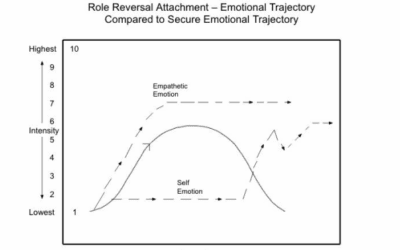


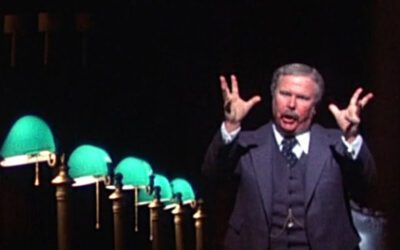







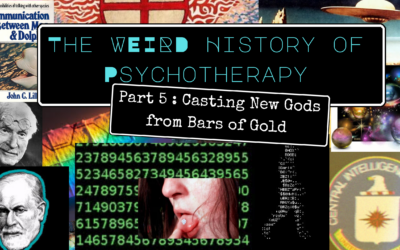
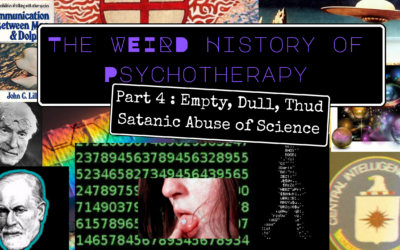
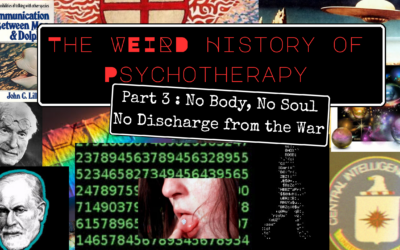
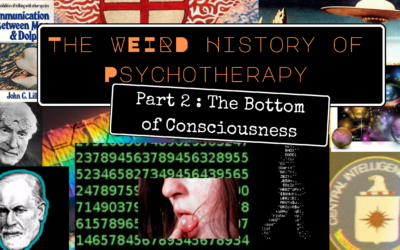
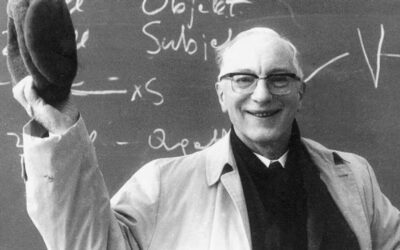




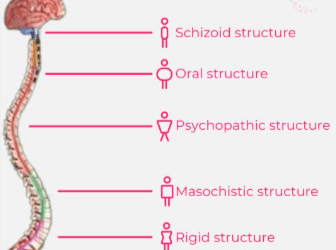




0 Comments